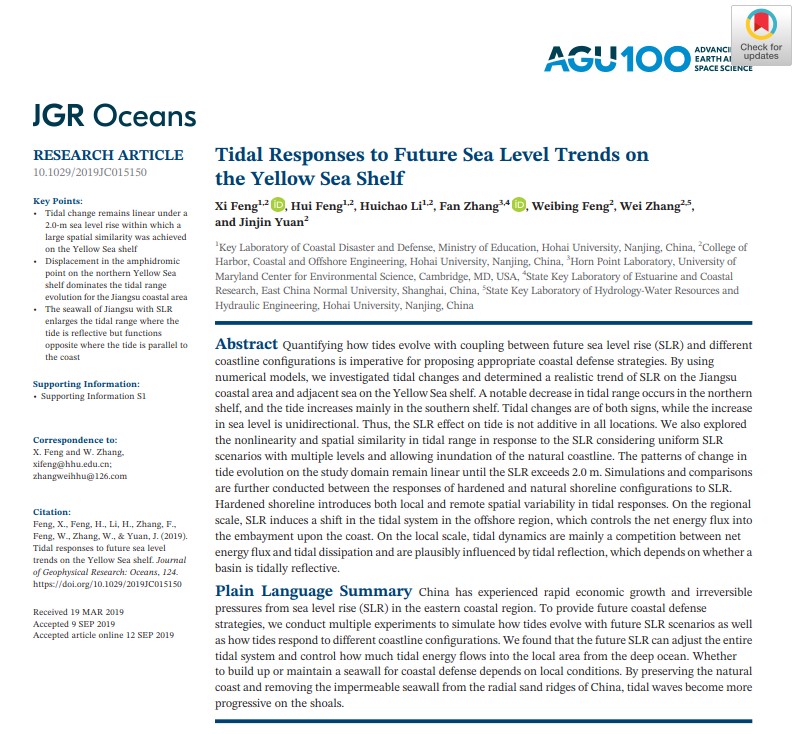Research on Physical Attractiveness Has Shown That Perceptions Influence Social Success and Professional Opportunities
Guide or Summary:IntroductionThe Science Behind Physical AttractivenessImpact on Social InteractionsProfessional Opportunities and SuccessSelf-Perception an……
Guide or Summary:
- Introduction
- The Science Behind Physical Attractiveness
- Impact on Social Interactions
- Professional Opportunities and Success
- Self-Perception and Mental Health
**Translation of "research on physical attractiveness has shown that":**
Research on physical attractiveness has shown that

---
Introduction
In today's visually driven society, the significance of physical attractiveness cannot be understated. Research on physical attractiveness has shown that our perceptions of beauty are not just superficial; they have profound implications for social interactions, self-esteem, and even professional success. Understanding these dynamics is essential for navigating both personal and professional landscapes.
The Science Behind Physical Attractiveness
Research on physical attractiveness has shown that certain physical traits are universally appealing. Studies indicate that symmetry, clear skin, and specific body proportions contribute to perceptions of beauty. These preferences may be rooted in evolutionary biology, where traits signaling health and fertility are deemed attractive. For instance, individuals with symmetrical faces are often perceived as more attractive, which may be linked to genetic fitness.

Impact on Social Interactions
The implications of physical attractiveness extend beyond mere aesthetics. Research on physical attractiveness has shown that attractive individuals often receive more social attention and are perceived as more likable. This phenomenon, known as the "halo effect," suggests that people tend to associate positive traits, such as intelligence and kindness, with those who are physically appealing. Consequently, attractive individuals may find it easier to forge social connections, which can lead to a more robust social network.
Professional Opportunities and Success
The influence of physical attractiveness is particularly pronounced in professional settings. Research on physical attractiveness has shown that attractive individuals often enjoy advantages in hiring decisions, promotions, and salary negotiations. Employers may unconsciously favor candidates who meet societal beauty standards, believing that they will be more competent or capable. This bias can have significant implications for career advancement, as less conventionally attractive individuals may face barriers despite possessing equal or superior qualifications.
Self-Perception and Mental Health
The effects of societal standards of beauty also extend to self-perception and mental health. Research on physical attractiveness has shown that individuals who perceive themselves as attractive often report higher self-esteem and confidence. Conversely, those who feel they do not meet societal beauty standards may experience feelings of inadequacy, anxiety, and depression. This highlights the importance of fostering a more inclusive definition of beauty that values diversity and individual uniqueness.

In conclusion, research on physical attractiveness has shown that beauty plays a crucial role in shaping our social and professional experiences. Understanding the psychological and social dynamics at play can empower individuals to navigate their environments more effectively. As society continues to evolve, it is essential to challenge conventional beauty standards and promote a broader appreciation for diverse forms of attractiveness. By doing so, we can create a more equitable world where everyone has the opportunity to thrive, regardless of their physical appearance.